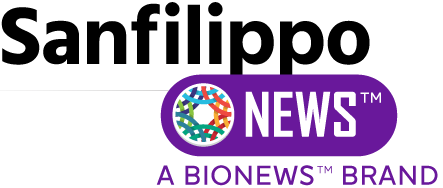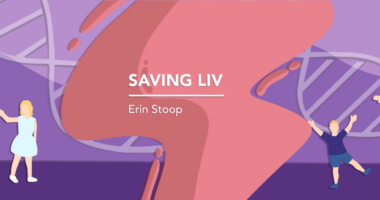Enrollment, Dosing Underway in Sanfilippo Type A and B Trials of Gene Therapy

Patients are continuing to be treated in clinical trials testing Abeona Therapeutics‘ investigational gene therapies — ABO-101 for those with Sanfilippo syndrome type B (MPS IIIB), and ABO-102 for Sanfilippo syndrome type A (MPS IIIA) — despite the COVID-19 pandemic, the company announced.
Additional enrollment in each of these Phase 1/2 studies is also set to begin shortly. As of June, 16 children with MPS IIIA have been dosed with ABO-102. Dosing is also underway in the ABO-101 study, where nine children with MPS IIIB are now enrolled.
Site and contact information for those interested in the ABO-101 trial is available here, while information for ABO-102 can be found here.
“We have worked closely with sites in our MPS III clinical studies to continue to enroll patients given the urgent need to treat children with Sanfilippo syndrome as early as possible. We are encouraged by the number of new pre-screened patients that may meet enrollment criteria and could allow dosing in the coming weeks,” João Siffert, MD, CEO of Abeona, said in a press release.
“We also hope to resume on-site follow-up study visits that include neurocognitive assessments of already enrolled patients,” Siffert added.
Sanfilippo syndrome is a disease characterized by a cell’s inability to break down large sugar molecules, called glycosaminoglycans (GAGs). The disease is subdivided into different types, according to which genes carry the mutations that lead to the buildup of these molecules.
Mutations in the SGSH gene cause MPS IIIA, while mutations affecting the NAGLU gene cause MPS IIIB. Both genes carry the instructions to make enzymes that break down GAGs.
ABO-101 is Abeona’s first-in-human gene therapy for Sanfilippo syndrome, and was designed to deliver a functional copy of the NAGLU gene using a harmless adeno-associated viral (AAV) transporter. ABO-102 also uses an AAV transporter to deliver a correct version of the SGSH gene to cells in the brain, spinal cord, and peripheral organs.
The Phase 1/2 trial (NCT03315182), also known as known as Transpher B, is testing escalating doses of ABO-101 — low (cohort 1), medium (cohort 2) and high (cohort 3) — in patients with Sanfilippo type B, delivered as a single infusion into the vein.
Participants are being evaluated at multiple time points for up to two years to assess the therapy’s safety and effectiveness.
Efficacy measures include a reduction of GAG levels in the cerebrospinal fluid (CSF, the fluid surrounding the brain and spinal cord), blood or urine; an increase in NAGLU enzyme activity; reduction in liver and spleen volumes, and in brain volume loss detected by MRI; and improvements in muscular and cognitive functions using validated scale systems.
Early data from the trial has reported encouraging results, with the first patient showing a significant reduction of heparan sulfate — a type of GAG — in the CSF, urine and blood. The treatment has been well tolerated, without signs of treatment-related adverse events or serious adverse events 30 days after infusion.
For those with Sanfilippo type A, a separate Phase 1/2 clinical trial (NCT02716246), known as Transpher A, is evaluating escalating doses of ABO-102’s safety and effectiveness in patients.
Patients here will also be divided into three groups, and given a single intravenous low-dose, medium-dose, or high-dose injection of ABO-102.
Early trial data has shown that ABO-102 led to sustained reductions in heparan sulfate in the CSF in all three groups. Moreover, the gene therapy stabilized or improved cognitive function in patients given the low and medium dose.
Recent data has shown that ABO-102 continued to improved neurocognitive skills 18 months to two years after treatment in patients who were under 2.5 years old, while demonstrating a favorable safety profile.
ABO-101 has been given rare pediatric disease status in the U.S., and orphan product designation in both the U.S. and the European Union.
ABO-102 has been designated an orphan drug, rare pediatric disease and regenerative medicine advanced therapy (RMAT) , and placed on fast track development by the U.S. Food and Drug Administration. The European Union has granted ABO-102 orphan product designation.






